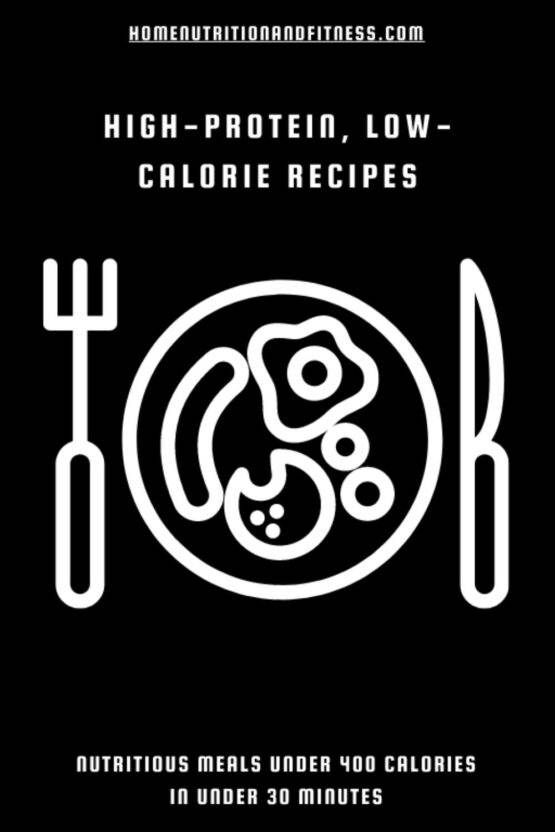It doesn’t matter if it’s food companies, your friend at the gym or just something you read on the internet, there’s a lot of misinformation about nutrition flying around. We often trust these views as sometimes the controversy can be more captivating than the truth.
Debunking Popular Nutrition Myths
Let’s explore some common misconceptions in both mainstream and fitness nutrition.
1. High Protein Diets Are Bad For You
There is a common myth that a high protein diet, particularly consuming too much whey protein, can lead to kidney issues and osteoporosis. Recent studies suggest the opposite.
They show that high protein intake can actually benefit bone health and not necessarily harm kidneys in healthy individuals. Factors like high blood pressure and diabetes play a larger role in kidney disease than protein consumption.
However, some high-protein diets limit carbs so much that you might not get enough nutrients or fibre. This can cause problems such as bad breath, headache and constipation.
A high-protein diet that is high in red meats, processed meats and other foods high in saturated fat. These foods may increase your risk of heart disease. And they can increase your low-density lipoprotein (LDL) cholesterol, the “bad” cholesterol.
2. You Should Get At Least 50% Of Your Calories From Carbs
There is a common belief that diets should mainly consist of 50-60% carbohydrates from grains and sugars.
While this might suit lean individuals and endurance athletes, it may not be ideal for most people, especially those who are overweight or have diabetes.
For weight loss, controlling blood sugar, and managing insulin resistance, studies suggest that diets higher in protein and fats are more effective than high-carb diets.

3. Foods That Are Low in Fat Are Good For You
When fats are removed from food, its flavour is often lost. To make up for this, food producers enhance the taste by adding sugar, corn syrup, or artificial sweeteners like aspartame.
While excess sugar is commonly known to be unhealthy, artificial sweeteners can pose even greater risks to your well-being.
Sweeteners such as aspartame have been linked to various health concerns including headaches, depression, cancers, metabolic syndrome, and diabetes.
Additionally, artificial sweeteners may lead to increased feelings of hunger, which can impact your overall health negatively. It is advisable to limit your consumption of these additives whenever possible.
4. You’ll Get Fat By Eating Fat
The common belief that eating fat leads to weight gain is not accurate.
While fat contains more calories per gram than protein or carbs, high-fat, high-protein, low-carb diets actually promote greater fat loss.
Including a moderate amount of fat in your diet can help you feel full with smaller portions and supports the absorption of essential nutrients and hormone production in the body.

5. The Perception That Grains Are The Ultimate Superfood
One common misconception is that grains, often promoted as healthy, lack essential nutrients compared to vegetables. They also contain phytic acid, which hinders mineral absorption.
Grains are high in gluten, a protein that can cause digestive issues for many people. Substituting grains with fibre-rich, vitamin-packed vegetables is a beneficial dietary choice.
6. Eggs, Cholesterol, and Heart Disease
Until recently, eggs, especially the yolks, were considered harmful due to their cholesterol content. However, current research shows that dietary cholesterol has minimal impact on blood cholesterol levels.
Eggs can actually raise levels of “good” cholesterol (HDL) and provide essential nutrients and antioxidants that support heart health and overall well-being.
7. Boost Metabolism and Fat Loss with Smaller, More Frequent Meals
One prevalent myth in fitness communities is the belief that eating frequent meals boosts metabolism. However, scientific studies show that total calorie intake, not meal frequency, determines energy expenditure.
Eating multiple meals can lead to increased cravings and constant fullness. Meanwhile, occasional hunger is actually healthier.
During fasting periods, a process called autophagocytosis occurs in the body, helping to eliminate unnecessary cellular components and maintain cellular energy levels. This can be likened to a natural cleansing mechanism for the body.
Intermittent fasting approaches may offer more effective weight loss results compared to the “6 meals a day” method.







